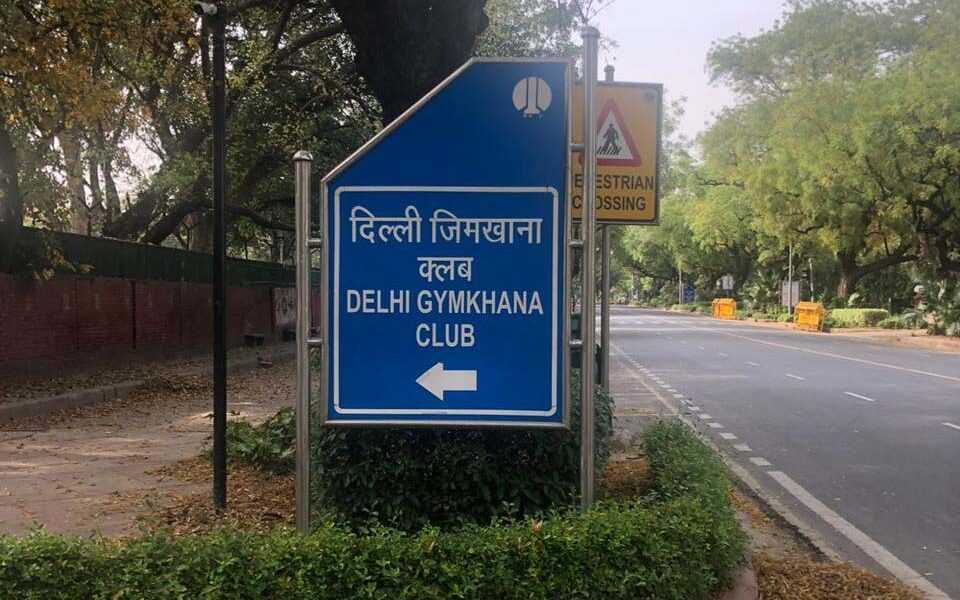
Delhi Gymkhana Club: SC judge recuses from hearing appeal against NCLAT order
New Delhi, Sep 01 (IANS) Supreme Court judge Justice Sanjiv Khanna on Tuesday recused himself from hearing appeals filed against the NCLAT’s order directing the suspension of the general committee of the Delhi Gymkhana Club and appointment of a Centre-nominated administrator to manage the club’s affairs.
In its order, a bench of Justices A.M. Khanwilkar, Sanjiv Khanna, and J.K. Maheshwari said: “List these matters on September 13, 2021 before an appropriate bench wherein one of us (Justice Khanna) is not a member.”
One of the appeals has been filed by the directors of the board (general committee) of the club under Section 423 of the Companies Act, 2013. The NCLAT’s order had also directed that acceptance of new membership or fee or any enhancement in the fee of waitlist applications be kept on hold till disposal of the petition before the NCLT. The appeal argued that the NCLAT order is wholly untenable in law, and virtually spells the death knell of the club and other like institutions.
“The Hon’ble NCLAT has without any basis and in an arbitrary manner suspended and substituted the GC of the Club with an Administrator to be nominated by Respondent No.I/Union of India. It is submitted that this appointment, which supplants corporate democracy, is drastic, vastly excessive, has far-reaching consequences, and is usually a remedy of the last,” said the appeal.
A battery of senior advocates such as Abhishek Manu Singhvi, Harish Salve, Kapil Sibal, and C. Aryama Sundaram are appearing for parties in the matter.
The appeal added: “It is respectfully submitted that Government are not and ought not to concern themselves with the affairs of private members clubs. Without prejudice to the foregoing, the impugned order even otherwise suffers from non-application of mind as the present GC was democratically elected at the AGM held on December 31, 2020, and the allegations do not pertain to this GC, but admittedly to the period from 2013-2018.”
The NCLAT had said the club’s policy under which membership of a person attains hereditary character and general public seeking membership being made to wait for decades, is certainly prejudicial to the public interest. The appeal contended that there is no “public interest” within the meaning of Section 241 (2) of the Companies Act, in the functioning of a club which functions for the benefit of its private members, especially when it is functioning within the parameters of its charter documents.
